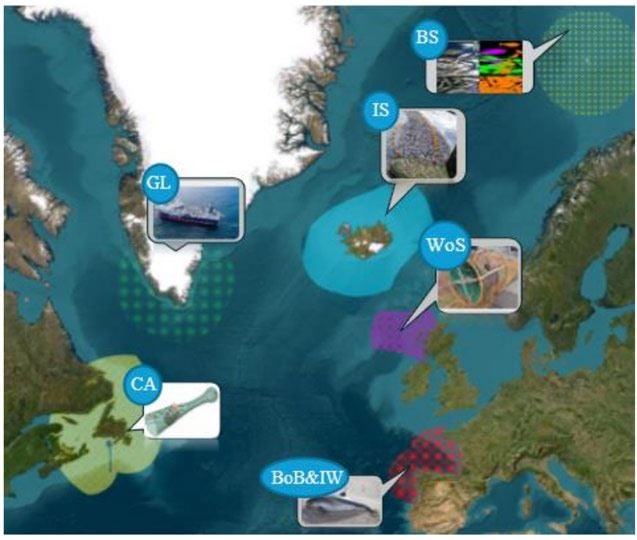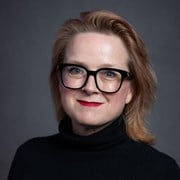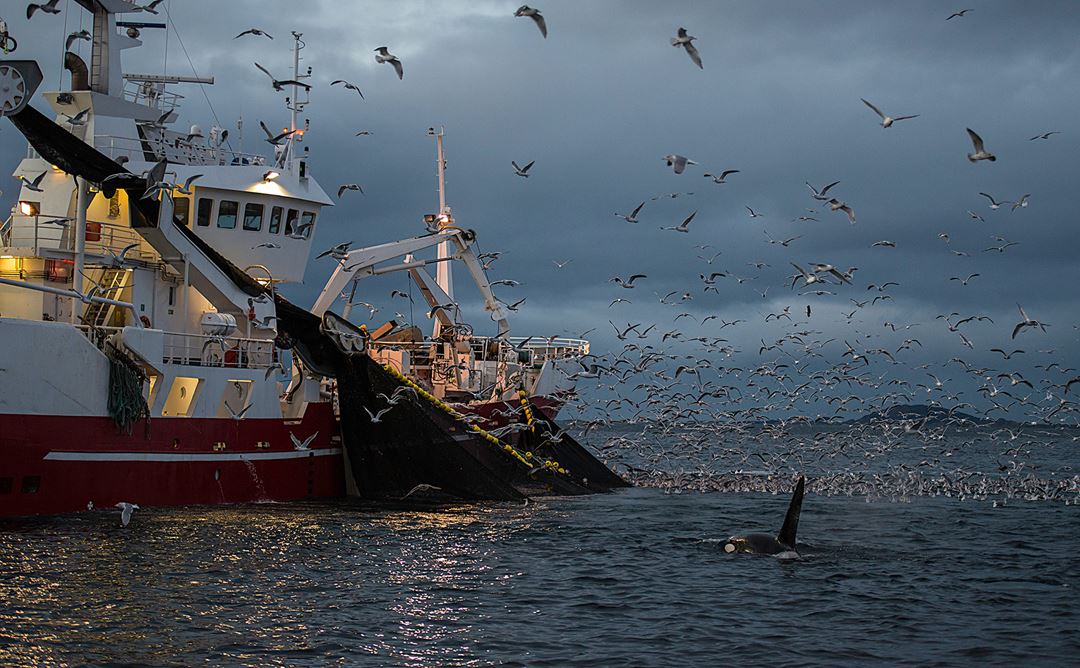These new technologies aim to improve the selection of fish species, helping to reduce the unintentional catch of vulnerable species. They will also be used to develop best practices for bycatch management, thereby promoting socially acceptable and economically viable fisheries.
The project will develop and demonstrate fishing gear, equipment, technologies, and practices that reduce the negative impacts of fishing, such as bycatch and mortality of sensitive species, as well as damage to the marine environment.
MarineGuardian focus on
- Analyzing barriers, synergies, and opportunities for implementing new solutions to reduce the impact of fisheries on marine species and habitats
- Promoting and demonstrating innovative and transferable fishing gear, equipment, and technologies to reduce the environmental impact of fishing practices
- Improving fishing strategies to optimize fisheries and develop mitigation measures to protect sensitive species and vulnerable ecosystems
Seks demo-sites
Greenland, the Barents Sea, Newfoundland, Bay of Biscay, The Iberian coast, Iceland og Scotland.

SINTEF Ocean leads the work on co-production of knowledge with stakeholders and will collaborate with user groups throughout the project period to ensure that the products developed are of use for the industry, and are possible to effectively implement from a science-policy-technology vantage point.
The project includes 21 partners, of which 10 are research institutes, 6 are technology companies, 3 are seafood companies, as well as the organizations MSC and ICES.
Partners
SINTEF Ocean, Matis OHF, Memorial University of Newfoundland, A.Espersen AS, Danmarks Tekniske Universitet (DTU), AZTI, ICES, CSIC, Data Fish Technology Solutions, Zunibal, Sjokovin, Royal Greenland Seafood A/S, Brim hf, Hafrannsoknastofnun, Rannsokna- og Radgjafarstofnun Hafs og Vatna, Hampidjan, Trackwell HF, Catchwise AS, Melbu Systems AS, CCMAR, HWU, MSC.


